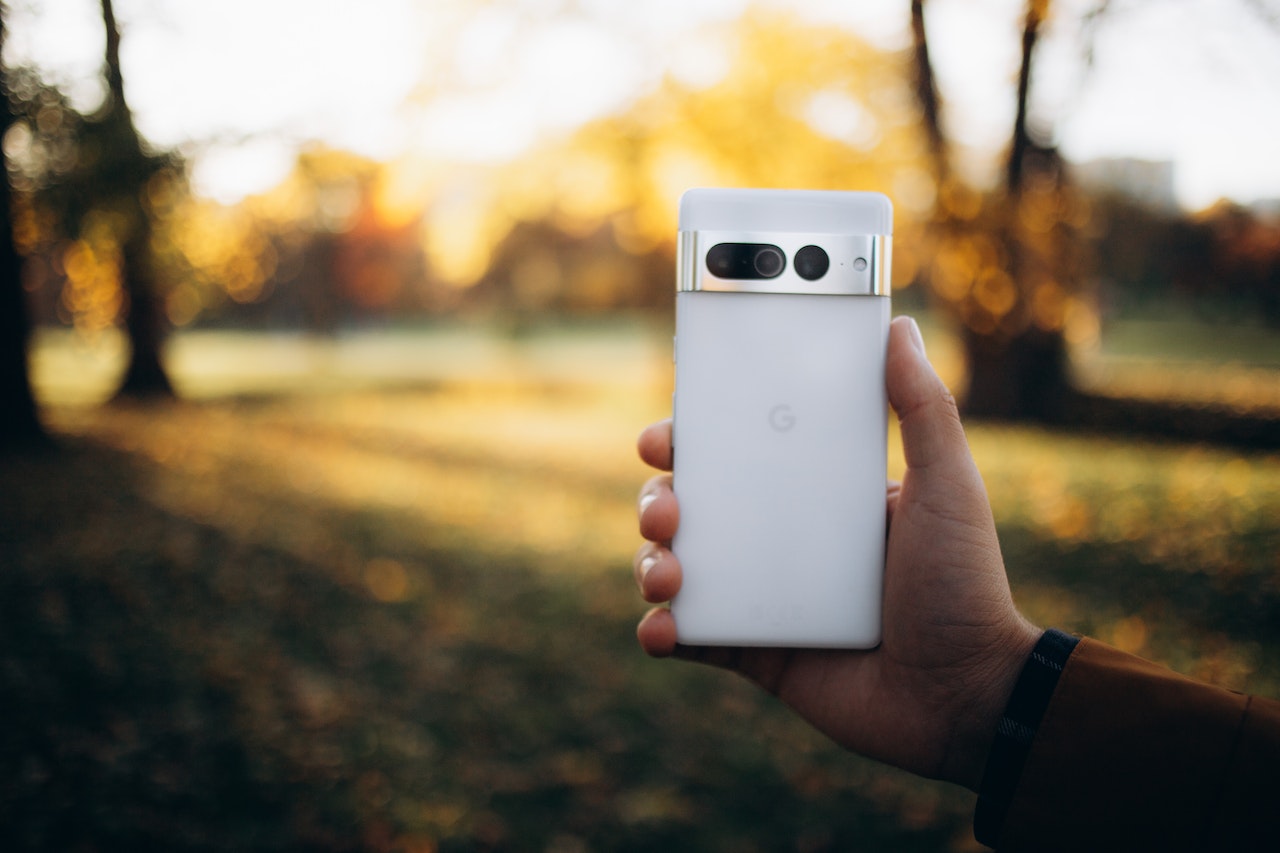Google made a significant splash in the tech world on Wednesday as it launched its latest offerings, the Pixel 8 and Pixel 8 Pro smartphones. Priced at $699 and $999 respectively, these cutting-edge devices serve as showcases for Google’s formidable AI capabilities, featuring groundbreaking enhancements in photography, video, and an advanced assistant that manages calls on your behalf. Most notably, the Pixel 8 Pro sports a built-in thermometer—a remarkable inclusion in the realm of smartphones. Google has also embarked on a collaboration with the FDA to ensure precise body temperature readings via this unique feature.
Drawing parallels with Apple’s iPhone 15 series, Google Pixel 8 and Pixel 8 Pro bring a slew of shared features to the table, with the Pixel Pro model offering a tantalizing array of additional options, making it an appealing choice for consumers seeking a top-tier smartphone.
The Pixel 8 boasts Google’s brand-new 6.2-inch Actua OLED display with a remarkable screen refresh rate of up to 120 frames per second, ensuring smooth gameplay and fluid app navigation. However, to optimize battery consumption, Google has implemented a feature that adjusts the screen refresh rate to 60 frames per second during less demanding tasks.
In contrast, the Pixel 8 Pro features a 6.7-inch Super Actua OLED screen with a versatile refresh rate, ranging from 1 frame per second to 120 frames per second. This adaptive feature is designed to conserve battery life when using less resource-intensive applications. Moreover, the Pro model outshines the standard Pixel 8 with its screen brightness, offering 2,400 nits of luminosity compared to 2,000 nits on the Pixel 8.
Both phones showcase slightly revamped designs and introduce new color variants, with the Pixel 8 Pro sporting an eye-catching blue Bay hue.
The Pixel 8 and Pixel 8 Pro are powered by the latest Tensor G3 chip by Google, which fuels a range of AI features, including a Face Unlock option that can now be used for third-party app logins and payment services. Google has finally caught up with Apple’s Face ID, a feature long appreciated by users.
In terms of photography, the Pixel 8 sports a new 50-megapixel (MP) main camera sensor, capturing 21% more light for vibrant daytime photos and clearer night shots. The ultra-wide camera on the Pixel 8 now features autofocus, enabling macro photography for extreme close-ups.
The Pixel 8 Pro boasts a 50-MP camera with the same light-enhancing capabilities and includes a 48-MP ultra-wide camera that lets in an impressive 105% more light. Additionally, it features a 48-MP, 5x optical telephoto camera that allows for 56% more light, and professional camera controls to fine-tune your shots.
The Pixel 8 Pro’s standout feature is its built-in thermometer, discreetly located on the rear panel beneath the cameras. While initially intended for measuring the temperature of beverages and cookware, Google is actively pursuing FDA approval to utilize it for body temperature measurements, though a timeline for this approval remains uncertain.
While the hardware impresses, the true star of the show is Google’s AI-powered software. Both the Pixel 8 and Pixel 8 Pro come equipped with an array of cutting-edge AI features, eliminating the need for additional purchases.
Magic Editor is one such feature, enabling users to seamlessly remove objects from photos or reposition them with a few taps, automatically filling in the background for a seamless finish. Notably, edited photos retain metadata indicating alterations.
Best Take is designed for group photos, selecting the best individual headshots from multiple shots to ensure everyone looks their best.
Audio Magic Eraser excels in removing background audio from videos, perfect for scenarios like recording street musicians with unwanted background noise.
Google is also introducing Night Sight mode for videos, enhancing color and clarity in low-light settings. Video Boost allows users to upload videos to the cloud for improved image quality processing.
Beyond camera functionality, Google’s AI Assistant is stepping up, capable of screening calls and providing canned responses based on the caller’s purpose. The lifelike voice of the Assistant adds a realistic touch to the interaction.
Furthermore, Google’s AI Assistant can read and summarize websites and understand multiple languages simultaneously when using voice typing.
It’s essential to note that these capabilities were demonstrated by Google, and their real-world performance remains to be assessed.
Both the Pixel 8 and Pixel 8 Pro will be available in stores starting October 12, promising to bring an array of innovative features and AI-powered enhancements to the hands of eager consumers.
Source: Yahoo Finance



